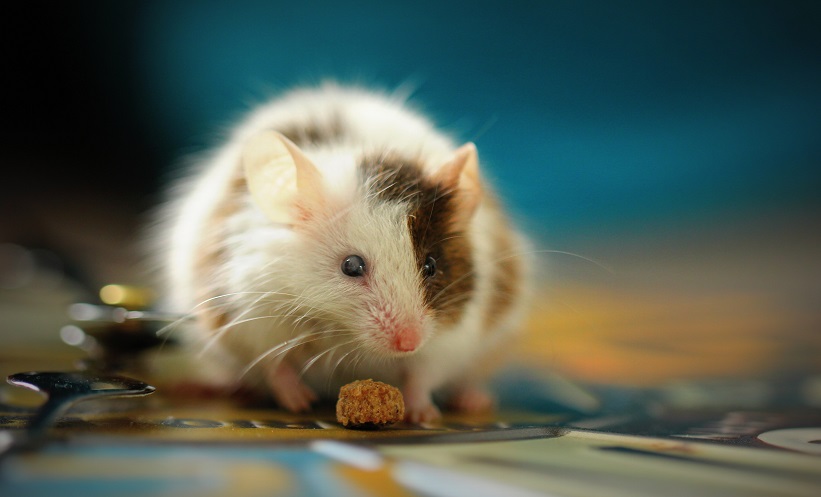PSORIASIS is a painful inflammatory skin disease that affects approximately 125 million individuals worldwide. Currently, there is no cure for psoriasis. Topical treatments such as creams and steroids help control the condition; however, for those unable to take medication, this leads to an important question: is there a natural way to control painful psoriatic flares?
Diet has been previously recognised as a contributing factor in inflammatory skin conditions, especially the western diet (WD), which is typically high in sugar and fat. The WD disrupts the homeostasis of the gut microbiome and this imbalance has been associated with gut inflammation.
Researchers from the University of California, Davis, California, USA, aimed to test the effect of diet on psoriasis using mouse models. Firstly, the mice were injected with IL-23, a cytokine commonly found elevated in psoriasis. As a result, these mice developed the phenotype of psoriasis. When the mice were fed a WD, scientists observed that the skin inflammation had worsened. The results confirm a link between the quality of diet and the severity of psoriasis.
Following on from this, the researchers wanted to determine whether the microbiome imbalance and psoriasis phenotype could be reversed. The team of scientists fed the mice a WD for six weeks. At this point, all mice had psoriatic features due to being given IL-23 to trigger psoriasis. The researchers then split the mice into two groups at random; Group 1 was fed a WD and Group 2 was fed a balanced diet for a further four weeks.
The results showed that the mice who had been fed the diet high in fat and sugar had much worse skin inflammation, observed by thicker ears and worse scaling compared to the mice who had switched back to a balanced diet at the six-week mark.
Zhrenrui Shi, the lead author of the paper, shared his thoughts on the findings: “it was quite surprising that a simple diet modification of less sugar and fat may have significant effects on psoriasis.”
The promising results could provide patients with psoriasis an alternative treatment plan that involves switching their diet to healthier options. Future research could involve moving the study to human trials to see if these results can be replicated in humans.







